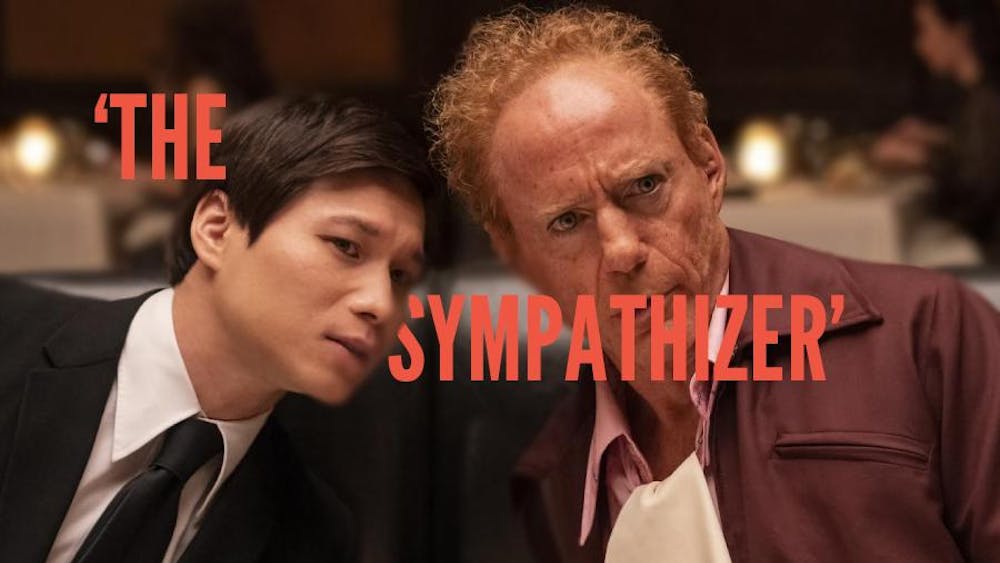[Editors note: To celebrate the 10-year anniversary of Arcade Fire's debut album, "Funeral," Scene is publishing 10 stories from 10 writers covering the 10 tracks on the album. You can read all of the "Funeral" articles here.]
I don’t exactly remember listening to Arcade Fire for the first time, but I know it wasn’t long after “Funeral” was released. One of my older, cooler relatives gave me the album, which I subsequently put on my click-wheel iPod (May she rest in peace) and listened to nonstop for what seemed like years. As a 13-year-old, I loved “Funeral” so much that I tried to write a play based on the album. I didn’t get very far, but I think the attempt itself is enough to show I loved the band an embarrassing amount.
My first favorite song on the album was also its opening track, called “Neighborhood #1 (Tunnels).” I even distinctly remember emailing it to a friend (because that’s what you did back then) in seventh grade after he asked me about my favorite song while we were AOL instant messaging (because that’s also what you did back then). He sent me a Rush song in response, which I still listen to occasionally, but he hated my choice.
“It starts too slowly,” he said.
Here’s the thing: He was wrong. It doesn’t start too slowly; it starts off with a beautiful buildup of twinkling piano until guitar, strings and, eventually, lead singer Win Butler’s voice kick in with the album’s opening lines.
Not just any opening lines, mind you. The first word of the song and all of “Funeral” is “and.” We’re dropped into the album mid-sentence, in the midst of an escape plan: “And if the snow buries my/my neighborhood/then I’ll build a tunnel/from my bedroom to yours.”
But “Tunnels” isn’t about the act of running away so much as it’s about growing up and creating a new life, distant from family, remote from a childhood home. The song is theatrical and dramatic, with its strings and organ and chorus of “oohs.” It may have had the potential to turn saccharine and sentimental, but Butler’s vocals ground the song as he wails the first chorus.
“Tunnels” reaches its climax as Butler howls out the second verse. He sings, “Then we think of our parents/Whatever happened to them?” The urgent pounding of piano transitions back into the chorus, and the song is heart-achingly powerful.
While several of the songs in “Funeral” exhibit Arcade Fire’s mastery of the change-up, transitioning from slow and sad to upbeat and dance-y or vice versa, “Tunnels” is an exception. The song starts quietly, builds and never leaves behind its six-note theme. It is a brooding, forceful monolith that kicks “Funeral” off not quite with a bang, but with more of a scream — a chilling and magnificent scream.
My feelings for the band have grown colder in the last decade, and I’ve loved each subsequent album less and less, but listening to “Tunnels” reminds me of why I felt so strongly about the band in the first place. The song is about growing older and feeling removed from the past, and in some strange paradox, listening to “Tunnels” 10 years later feels all the more appropriate.













